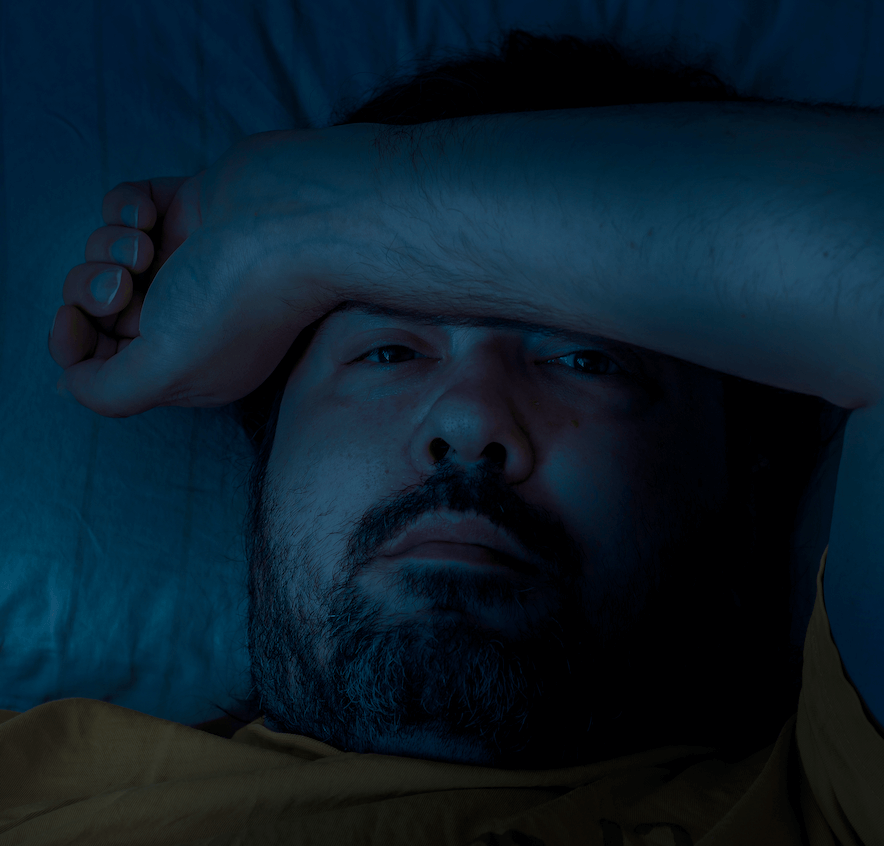Sleep
Disturbed sleep can impact almost every aspect of a person’s physical and mental health.
Disturbed sleep can impact almost every aspect of a person’s physical and mental health. This includes the health of your skin. Consistently getting a poor night of sleep can lead to a wide range of skin issues from wrinkles and sagging skin to dark circles and paleness.
You can almost immediately tell when someone hasn’t gotten enough sleep. It usually shows in their face and skin. You may notice hanging or puffy eyelids, darker under eye circles, dryness, dullness, a grey undertone, or reduced glow. This isn’t a coincidence. Poor sleep has been shown in multiple studies to be linked to poor skin health, faster-aging skin, and an increased risk of certain skin conditions.
We do so much to help our skin look great. While sleep may not be the first thing you think of when you think of skincare and skin health, it should be way up there. Sleep can have a significant effect on the health and appearance of your skin.
Getting enough sleep can help with a variety of skin issues including dry skin. Disturbed sleep impairs the skin’s barrier which leads to an increased level of trans epidermal water loss and a loss of skin hydration. This loss of hydration or dry skin can lead to a flare of other issues including eczema and rosacea.
Getting more and better sleep is sometimes easier said than done. But there is sleeping advice you can take to get better sleep and improve your skin’s health and appearance at the same time.
Booking an appointment with a dermatologist is a great way to ensure your skin’s health is on par with your new sleep schedule. At Devonshire Dermatology, we can help you build a lifestyle routine and skincare regimen to ensure your skin is at its best.


Consultation
- Detailed history of your skin concern
- Total skin examination
- Holistic assessment of your health
- Diagnosis
- Discussion of treatment options
- Personalised treatment plan
- Treatment
FAQs
We spend about a third of our time sleeping. It is as essential to our survival and well-being as food and water are. But there’s still more about the complex processes of sleep to be explained.
Even after decades of research, the exact reason why we sleep remains a looming mystery. However, based on the effects of sleep deprivation, it is understood that sleep is dynamic and impacts nearly every aspect of the body, including our physical, emotional, and mental health. To start feeling better overall, prioritizing sleep health is a necessary first step.
See answer

Most healthy adults need at least seven hours of sleep each night. Babies, young children, and teens need even more sleep to enable their growth and development.
Knowing the general recommendations for how much sleep you need is a first step. It’s also important to reflect on your individual needs, activity level, and overall health so that you can actually get the full night’s sleep that is recommended.
See answer

Sleep is an essential part of overall health, and getting enough restful sleep on a regular basis offers multiple benefits. However, many are able to gain the benefits of quality rest, and instead face the consequences of sleep deprivation. If you regularly have trouble sleeping, its important to record your symptoms and identify ways to improve sleep.
Sleep disorders are conditions that affect sleep quality, timing, or duration and impact daily life. These disorders can contribute to other medical issues, and are also likely to impact your mental health. People who experience frequent sleep issues should seek evaluation for a sleep disorder.
See answer



